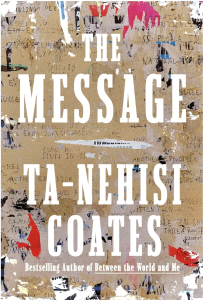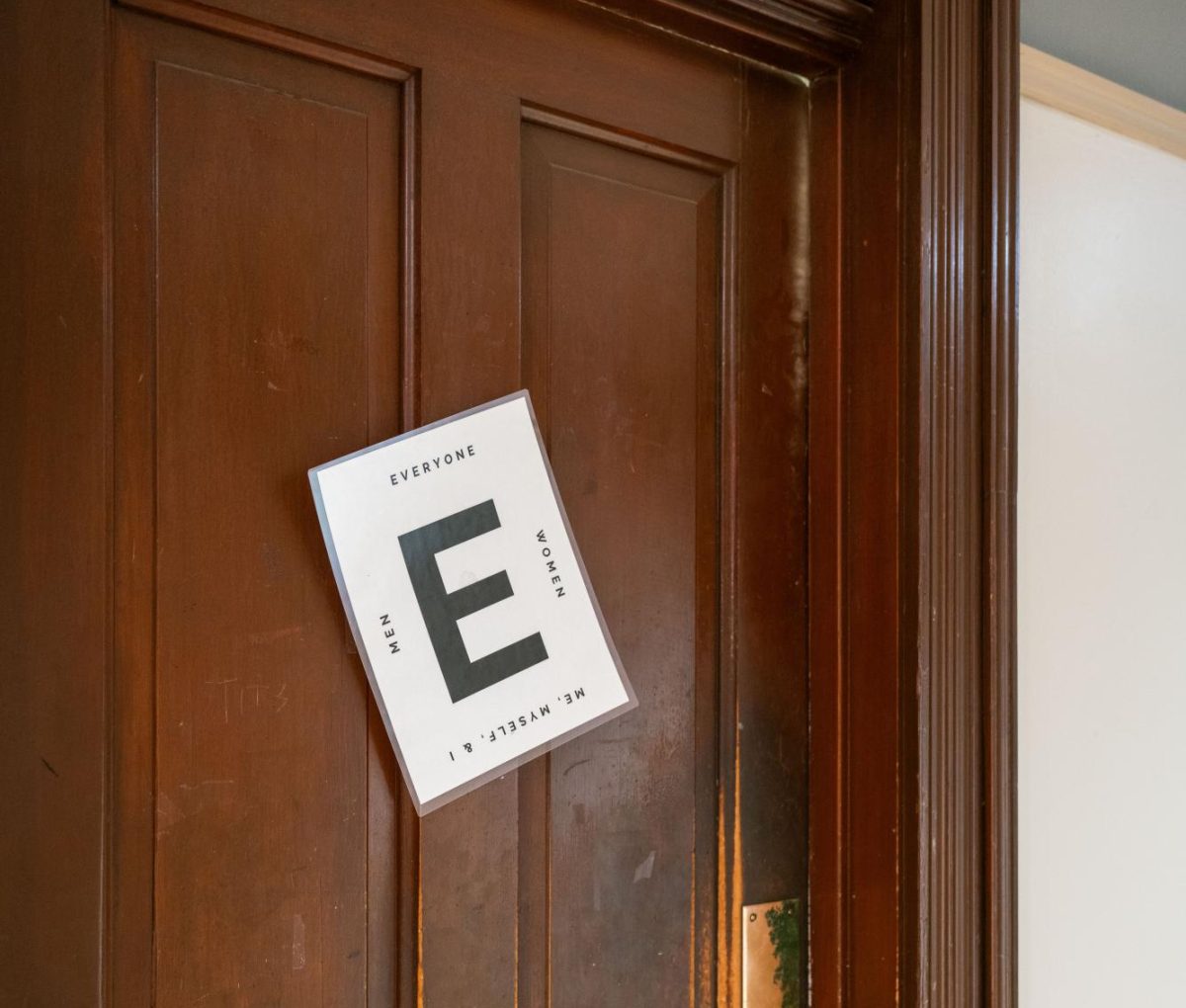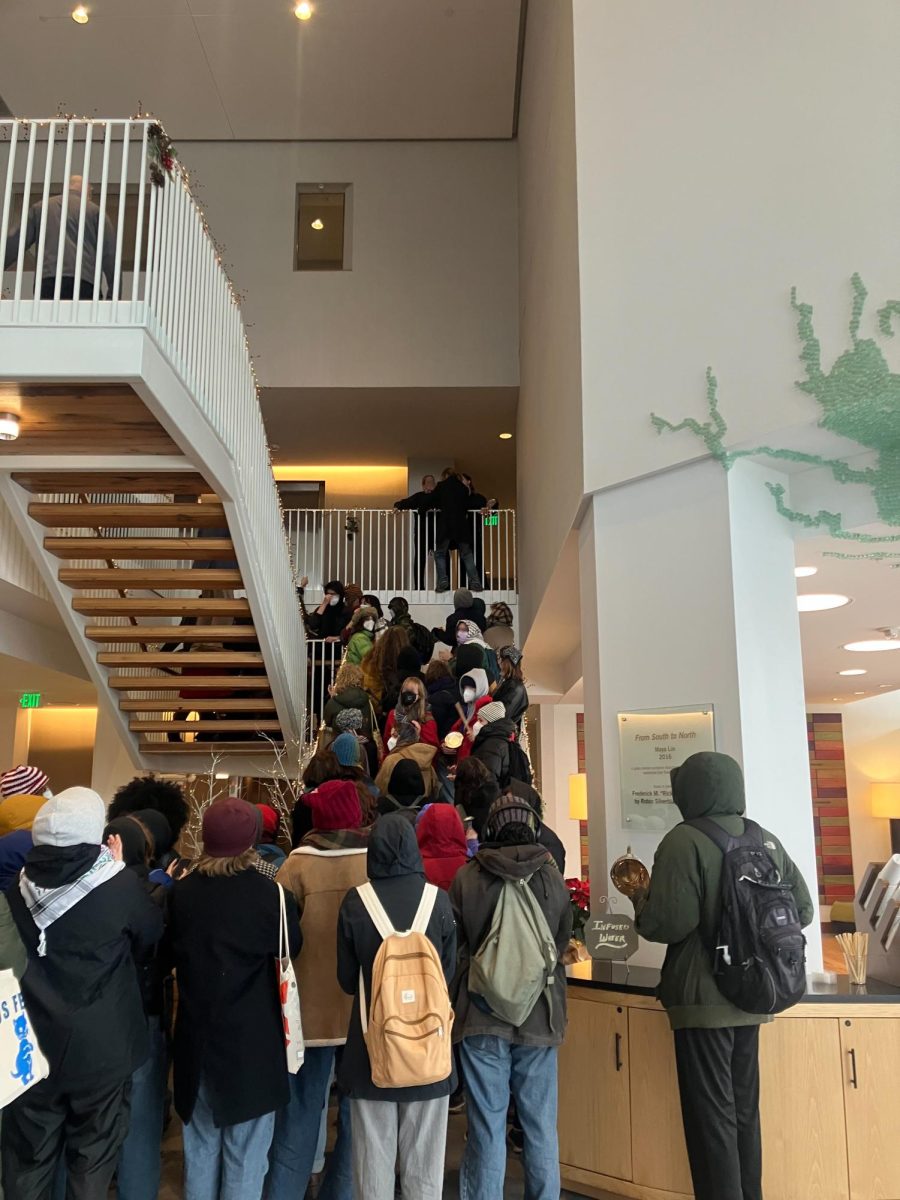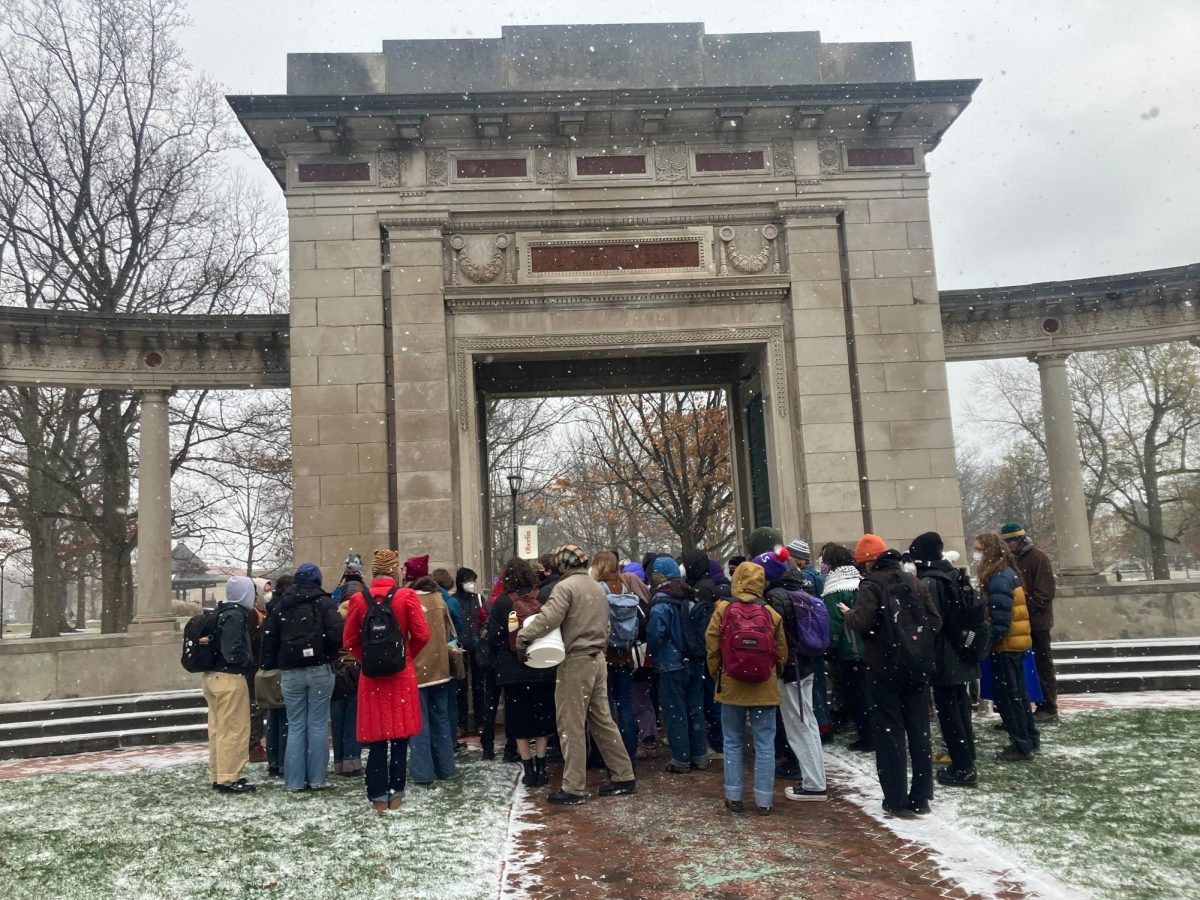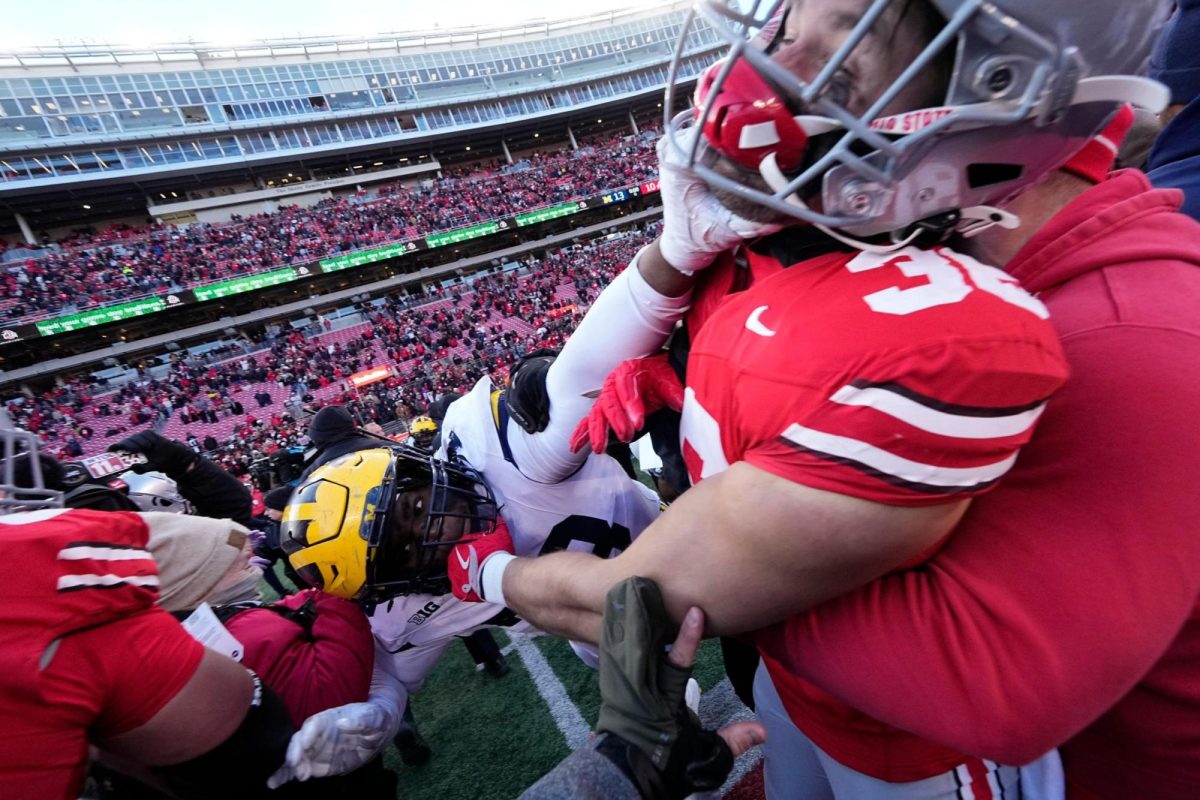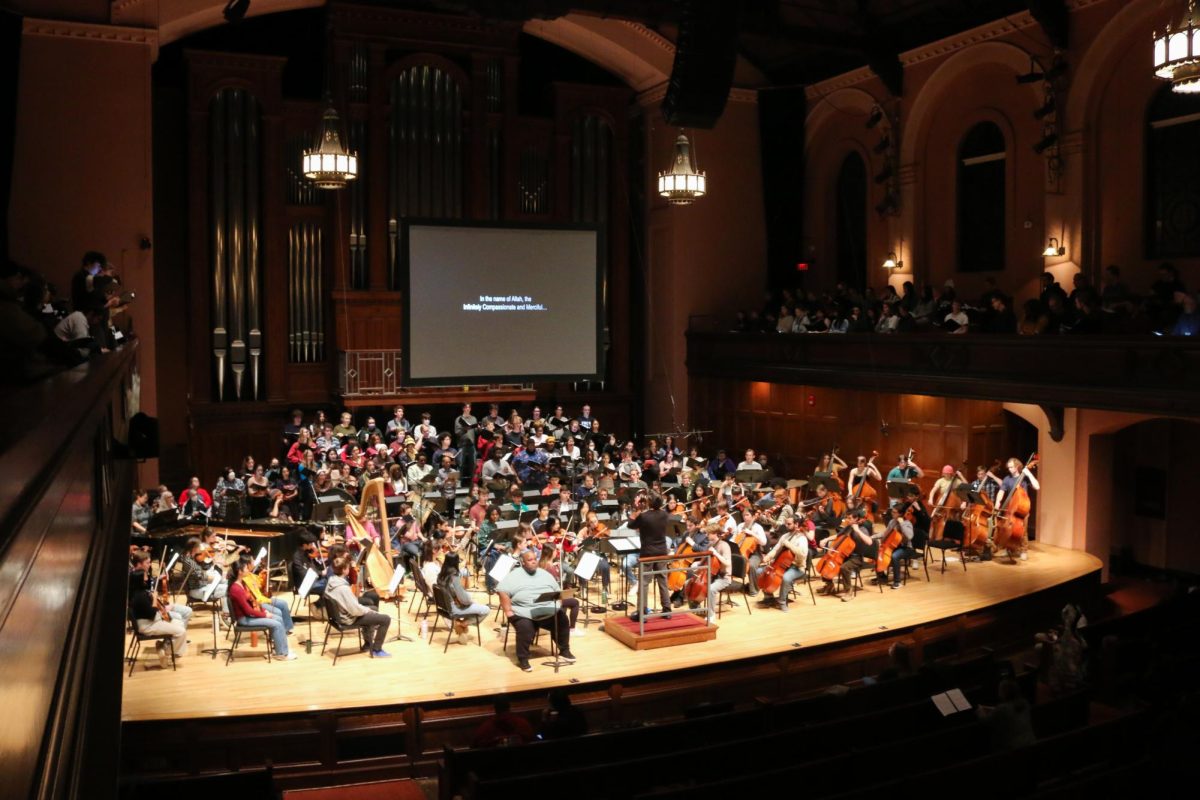Referendum Key to Student Senate Accessibility
September 19, 2014
To the Editors:
Hi all, it’s Aaron again, this time joined by fellow retiring Student Senator Emma Snape. We wanted to take some time to address the Student Senate’s Fall 2014 Referendum, which was released earlier this week. The referendum addresses three major points: senator compensation, student representation and committees and working groups. All three are quite important, but the component that is drawing the most conversation is clearly the matter of Senator pay, so we’ll focus there now. Before beginning, we’d like to stress that we are speaking from our own perspectives, and not with the voice of Senate. Also to keep in mind: Since our terms are up, we won’t benefit financially from the outcome of this referendum. Instead, our concern lies in that Student Senate is a large job requiring a lot of work and a lot of time, and for a large number of Oberlin students, doing that work in place of a paying job simply isn’t feasible. So, unless Senate is paid, it’s a position that’s inaccessible to low-income students, and we believe that excluding those voices from Student Senate is absolutely inexcusable.
First, we’d like to state explicitly that this referendum is within the bounds of Senate’s Constitution (see Section II.19.C, located on our website at oberlin.edu/senate), and that prior to its launch, we ran our decision by Dean Estes, Dean Kawaguchi, and Tina Zwegat, none of whom had any objections. This process does bring up a potentially tricky question, though: Could Senate continually run referenda about its pay until it is reaffirmed? Theoretically, Senate could do this indefinitely, but practically, this cannot occur. Unless there is continual effort involved on the part of the organizers, the referendum will fade away, and Senate will lack the energy to keep pressing the point. This is not a process that can be easily abused.
One may ask how we got to this situation. Those who oppose this process argue that we as an organization were too divided last spring to successfully carry out our referendum when we had the chance. We failed to receive the required number of responses, so the vote never took place, and we do not deserve to be paid. If we were a homogenous body of wealthy students, this would be a fair argument: We screwed up, so now we’ll have to put in our time as volunteers. But Senate is a blank slate this year, and when we elect 14 new students to Senate, who in no way bear responsibility for the failure of last spring’s referendum, we’ll be asking them to volunteer in order to make up for the last Senate’s mistakes.
Student Senate is not homogenous, and neither is Oberlin College. The hard fact is that, as long as there are students who have to rely on multiple jobs to get by at Oberlin, Senate should be paid. Without this, Senate is not accessible to all members of the Oberlin community and can hardly claim to be a representative body operating in the students’ best interests.
Ultimately, your vote is your own, but the body we elect this week is the body that will represent us for the entire year, and retain institutional power to run again. So please fill out the referendum, and please elect a diverse batch of Senators that can reflect Oberlin’s promise of social justice. If you do the latter without the former, people will drop out. If you do the former without the latter, what’s the point? Do this because we’re all Obies and we all deserve the right to be equitably represented by our student government.


